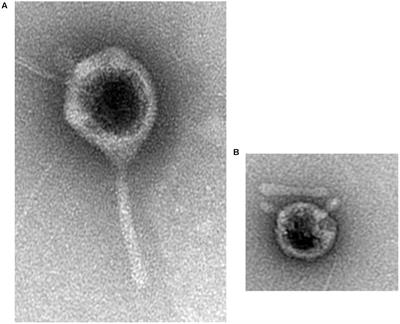EDITORIAL
Published on 15 Jun 2017
Editorial: Phage Therapy: Past, Present and Future

doi 10.3389/fmicb.2017.00981
- 32,304 views
- 172 citations
75k
Total downloads
389k
Total views and downloads
EDITORIAL
Published on 15 Jun 2017

ORIGINAL RESEARCH
Published on 04 Apr 2017

ORIGINAL RESEARCH
Published on 23 Mar 2017

REVIEW
Published on 08 Feb 2017

REVIEW
Published on 20 Jan 2017

CORRECTION
Published on 04 Jan 2017
GENERAL COMMENTARY
Published on 09 Dec 2016
ORIGINAL RESEARCH
Published on 03 Nov 2016

ORIGINAL RESEARCH
Published on 24 Oct 2016

REVIEW
Published on 13 Oct 2016

ORIGINAL RESEARCH
Published on 04 Oct 2016

REVIEW
Published on 26 Sep 2016